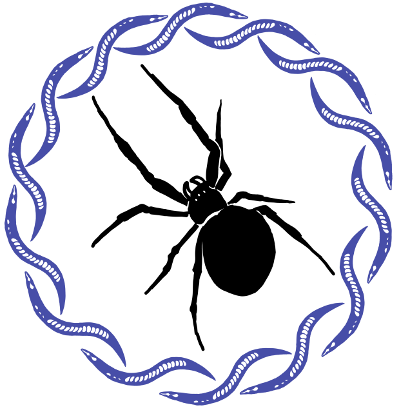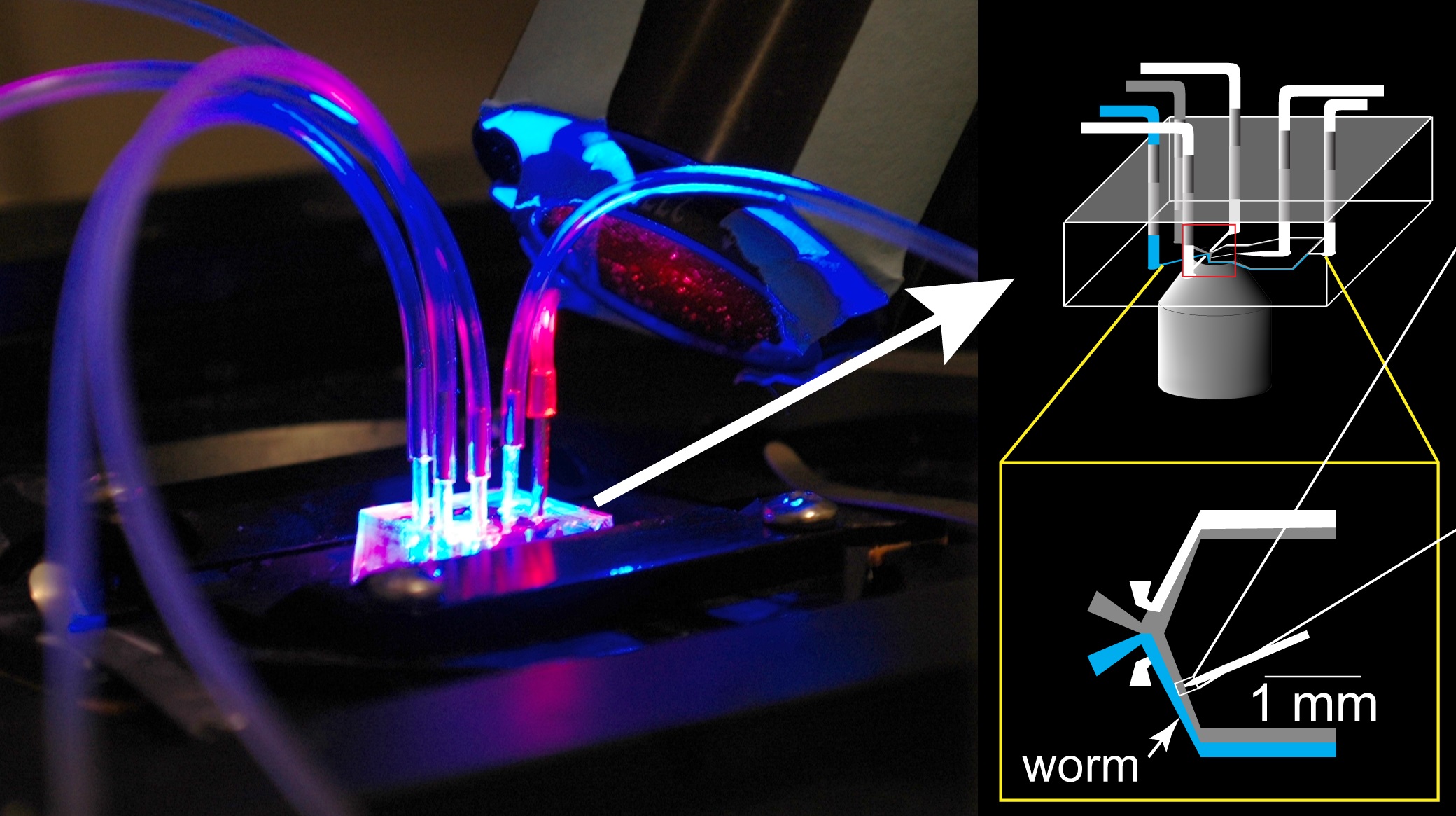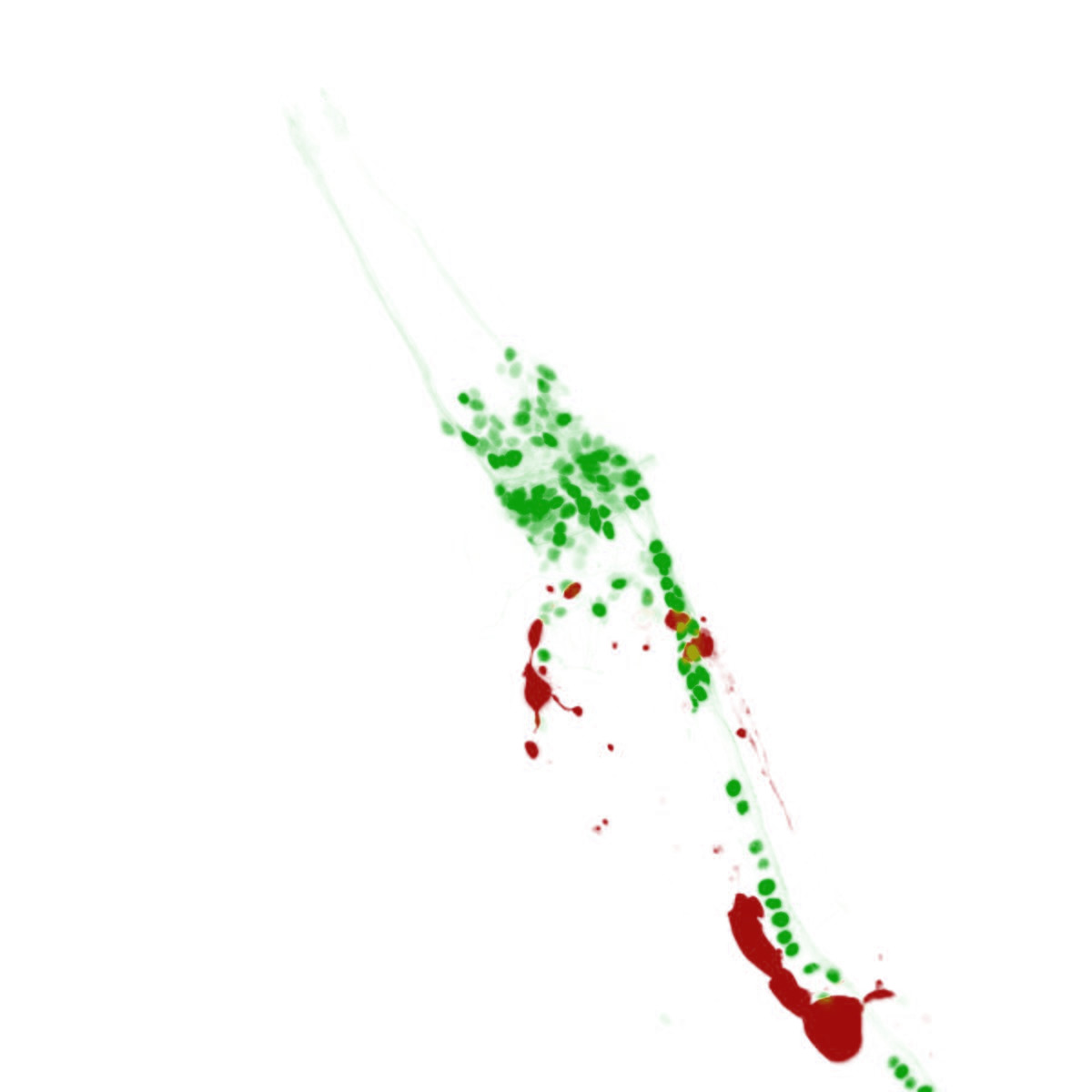
Gordus Lab @ Johns Hopkins University
We live in a dynamic and at times unpredictable environment. In order to maximize our use of the environment, we must be able to generate both novel and predictable behaviors to engage with the world around us. Our lab is interested in the cellular and genetic mechanisms that drive novel and innate behaviors, and how organisms sense and adjust to environmental variability. To address these issues, we use two model organisms: nematodes and spiders.

Caenorhabditis elegans
With only 302 neurons, the worm C. elegans provides a powerful model system to study how decision-making is implemented in the brain.
our worm research
Uloborus diversus
We study the behavior, neural circuits, and genetics of the hackled orb-weaver (Uloborus diversus). Web-making is a highly structured, complex, innate behavior occurring over multiple timescales. Its small brain, roughly the size of a fly's, offers a tractable system for studying how neural circuits generate such complex behaviors.
our spider researchOur Research
Making decisions in a variable environment.
Worms, like us, have to make decisions in a variable environment.


We use transgenics to record from subsets of neurons in the worm brain.
How do spiders build their webs?
We study the behavior, neural circuits, and genetics of the hackled orb-weaver (Uloborus diversus). Web-making is a highly structured, complex, innate behavior occurring over multiple timescales. Its small brain, roughly the size of a fly's, offers a tractable system for studying how neural circuits generate such complex behaviors.
Directions & Contact
Office Phone: 410-516-6509
Email: [email protected]
Mailing Address
Johns Hopkins University
3400 N. Charles St.
Bio East 206
Baltimore, MD 21218


